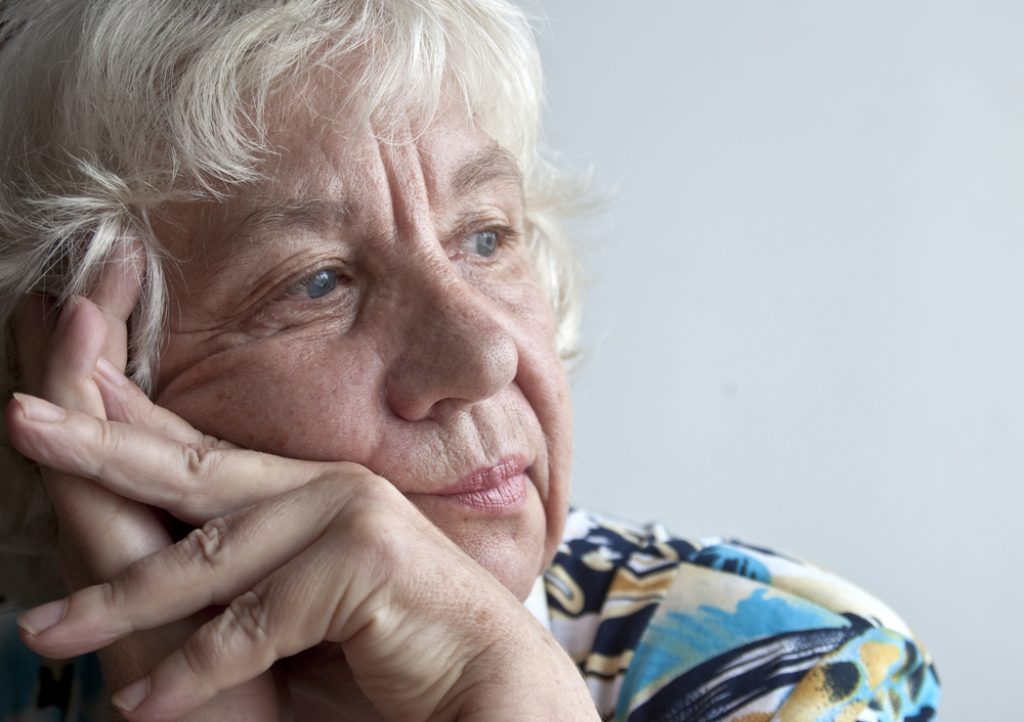After over a decade of campaigning, women born in 1950 are finally set for a state pension refund for failures by the Department for Work and Pensions (DWP) to inform them about state pension age rises, an official report finds.
The Parliamentary and Health Service Ombudsman’s (PHSO’s) final report, almost three years after its first, said Parliament now needs to “act swiftly” to reimburse the thousands of women affected.
After almost 10 years of campaigning, with doubts cast on their cause from the beginning by DWP, Women Against State Pension Inequality (WASPI) may finally get justice.
This is after the ombudsman concluded the DWP failed to provide women with “adequate and timely information about areas of state pension reform.”
The complaints led to the much-awaited verdict related to the 1995 Pensions Act and the complaint that state pension age raises for women from 60 to 66 years old were not communicated adequately.
An increase to 65 occurred gradually between 2010 and 2020 and, since then, it has risen to 66.
Parliament to discuss findings
Due to the DWP’s shortcomings in informing women about the changes, the report said the affected women born in 1950 – believed to be three million – could not make an informed decision on their financial plan for retirement.
The PHSO called for Parliament to look into the findings and put things right for the women affected. This follows criticism of the DWP, noting it has “not acknowledged its failings, nor put things right for those women affected.”
The probe also heard stories from women who had suffered due to the DWP’s maladministration. One example saw ‘Ms W’ miss out on £442,000 in additional pay because she hadn’t known about the state pension age rise. Another, ‘Ms E’, lost £186,000 as a direct loss of her finishing her job and missing out on earnings, and she said that had she had been aware of the state pension age, she’d have found more work.
Another case, replicated among thousands of women impacted, was in ‘Mrs U’s’ scenario, where she said she made the “irreversible decision” of retiring early.
It added: “DWP has also failed to offer any apology or explanation for its failings and has indicated it will not compensate women affected by its failure.”
Rebecca Hilsenrath, PHSO chief executive, said: “The UK’s national ombudsman has made a finding of failings by DWP in this case and has ruled that the women affected are owed compensation.”
A previous PHSO report found that, in 2005 and 2006, the DWP continued its “maladministration” despite identifying it needed to make changes.
‘Complainants shouldn’t have to wait for DWP’
Following this as part of its latest findings, Hilsenrath branded the lack of apology or action from the DWP as “unacceptable.”
Angela Madden, chair of the WASPI campaign group, said: “All parties owe it to the women affected to make a clear and unambiguous commitment to compensation.”
Madden added: “One of the affected women is dying every 13 minutes, and we just cannot afford to wait any longer.” Since the campaign to address the issue started in 2015, more than 200,000 women are believed to have died waiting for an answer on the issue.
Hilsenrath agreed with the necessity to action the payment as soon as possible, saying “complainants should not have to wait and see whether DWP will take action to rectify its failings.”
She added: “Given the significant concerns we have that it will fail to act on our findings, and given the need to make things right for the affected women as soon as possible, we have proactively asked Parliament to intervene and hold the department to account.
“Parliament now needs to act swiftly and make sure a compensation scheme is established. We think this will provide women with the quickest route to remedy.”
Flat rate up to £2,950 suggested to victims
The PHSO says that compensation for maladministration should ideally reflect each person’s individual case, but acknowledged it is difficult where millions of people are affected.
So, a flat rate in the range £1,000-2,950 was suggested (‘level 4’ on the standard scale of compensation for ‘distress and inconvenience’).
The PHSO says compensating all women born in the 1950s at the highest range would involve spending between around £3.5bn and £10.5bn of public funds, although not everyone will be affected.
However, despite the clear message for repayment from the ombudsman, while the service can suggest an amount of refund to the DWP, it doesn’t have the power to force it to. Usually, when the service makes the suggested redress, companies accept and go ahead with the decision – something, as well as not acknowledging any wrongdoing, the DWP has refused to do.
‘No chance’ DWP stance will hold
Regarding the compensation plans, Steve Webb from law firm LCP said: “If DWP refuses to accept the ombudsman’s recommendation and refuses to establish a redress scheme, there is no chance that this position will hold.
“Particularly during an election year, the Government will struggle to secure a majority for ignoring the ombudsman’s report. Instead, DWP should respect the ombudsman’s conclusions, which have been carefully considered over many years, and should come up with a redress scheme for their failure to notify women of sometimes life-changing increases in their state pension age”.
Tim Middleton, director of policy and external affairs at the PMI, said: “It is now 27 years since the changes to women’s state pension age were enacted, so it is a matter of grave concern that this dispute remains unresolved.
“Given that the Parliamentary and Health Service Ombudsman has now ruled in favour of the WASPI women, we would have expected the DWP to respect the ruling and to have agreed to pay compensation. It is a further cause for concern that the DWP has refused to co-operate.”
Mel Stride, secretary of state for work and pensions, said: “We will consider the Ombudsman’s report and respond in due course, having cooperated fully throughout this investigation. Ministers intend to come before the House in due course.”




